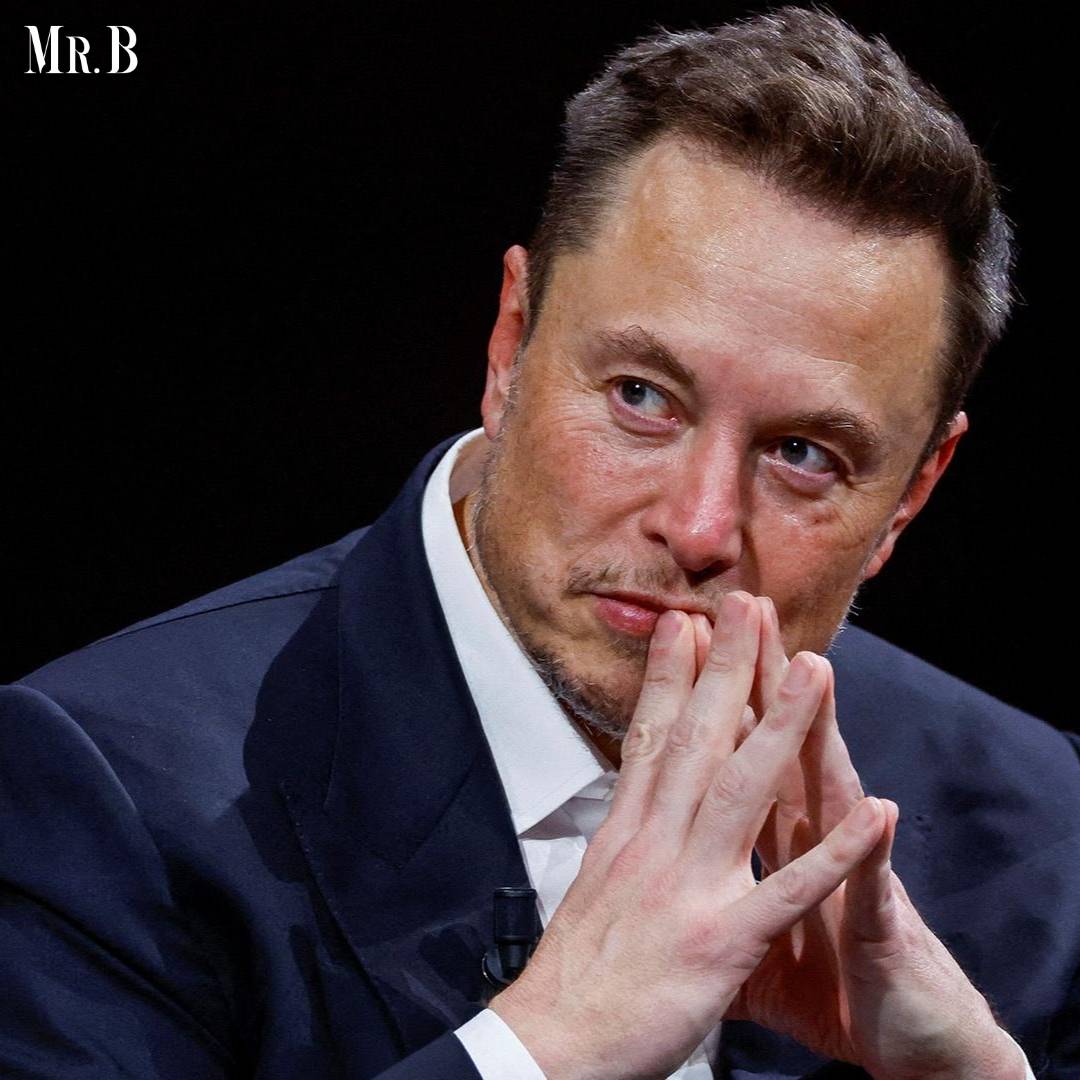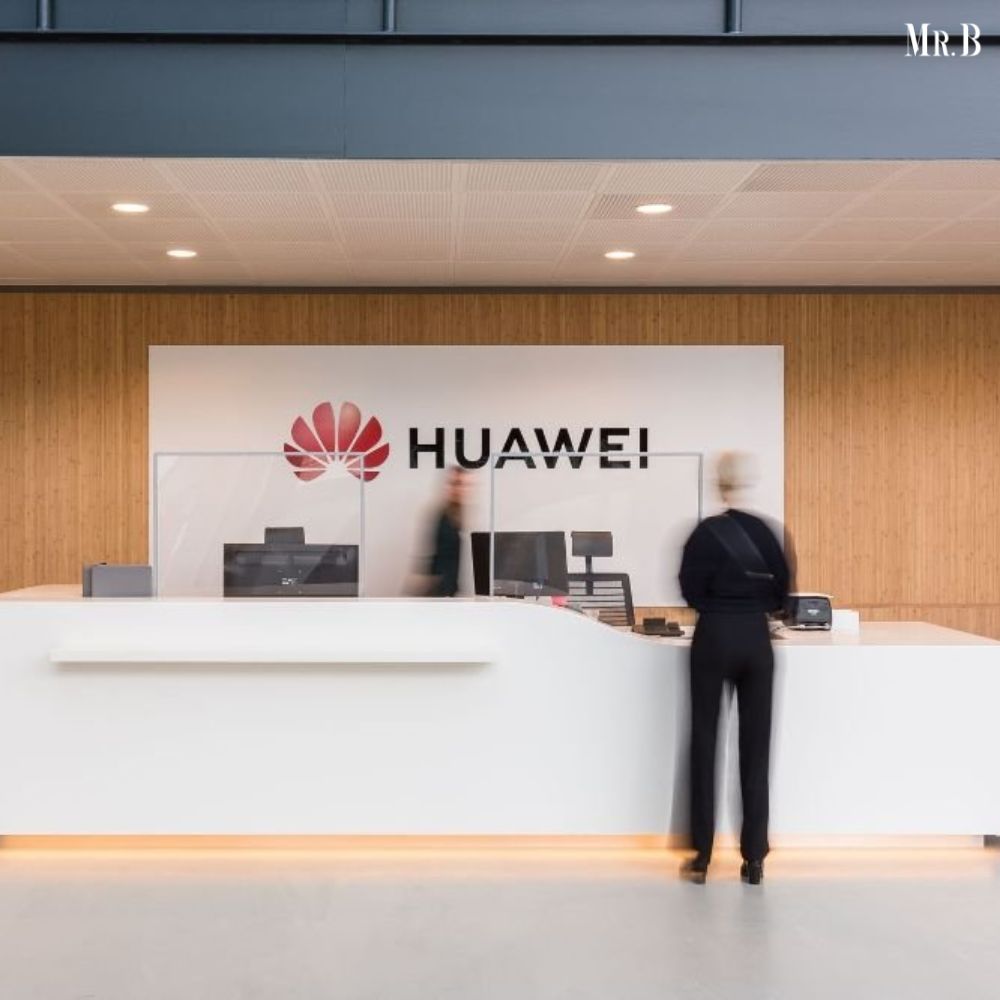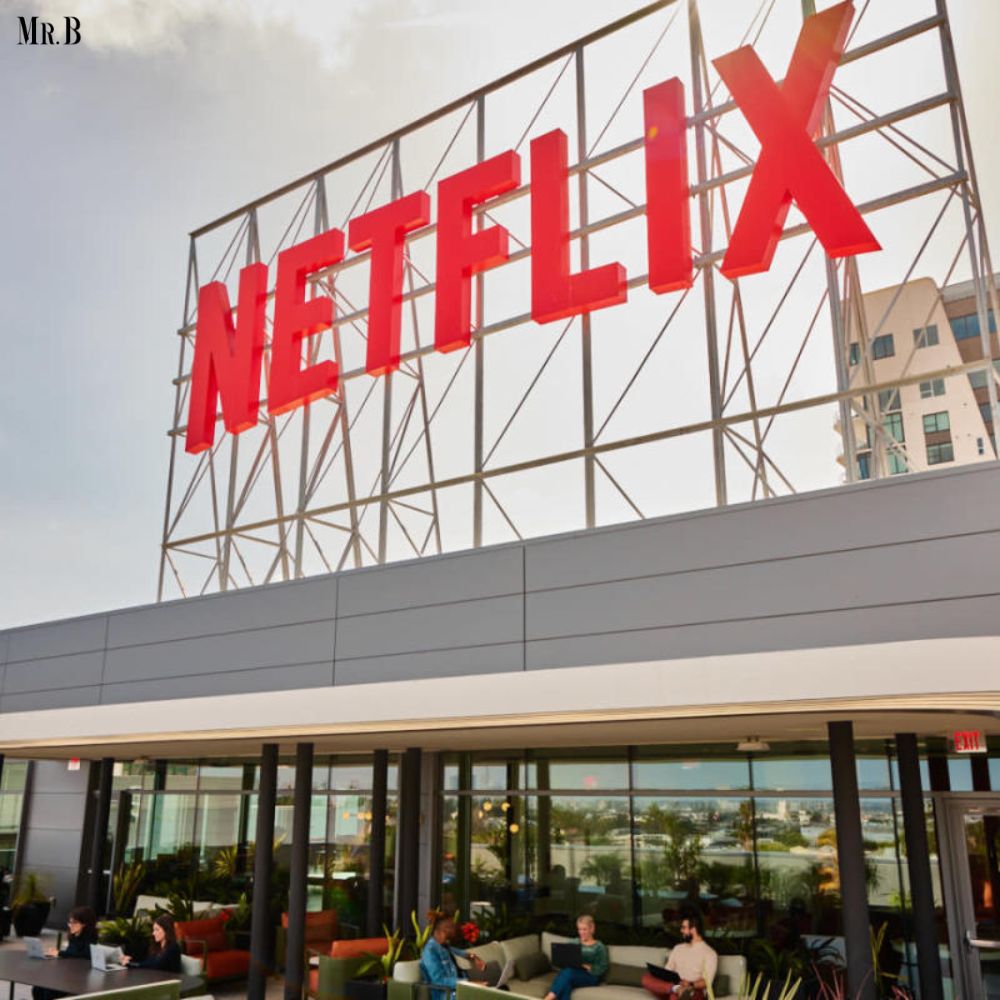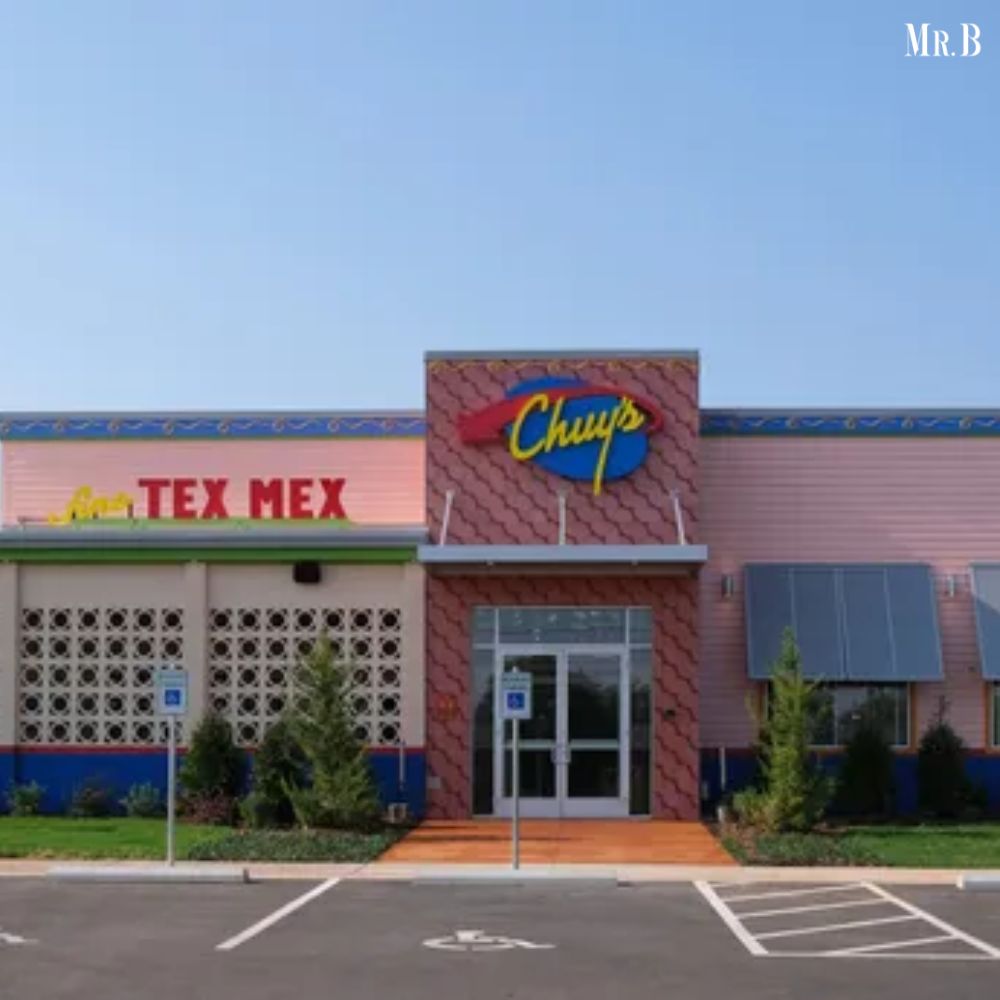Elon Musk’s Court Verdict: Mars, Frankenstein, and a Self-Driving Car Joke in Focus.
- Category: News

In a groundbreaking 200-page court ruling from Delaware on Tuesday, Tesla was ordered to undo Elon Musk’s whopping $56 billion compensation package. The verdict, delivered by Chancery Court Chancellor Kathaleen McCormick, includes emotional scenes of a lawyer holding back tears and references to “Frankenstein” and a cringe-worthy self-driving car pun.
McCormick’s decision questioned whether the richest person in the world was overpaid, with the stockholder plaintiff alleging breach of fiduciary duties by Tesla’s directors in awarding Musk a performance-based equity-compensation plan. The ruling stated that Musk, akin to a self-driving car process, adjusted the direction and speed along the way, resulting in an unfair price, leading the plaintiff to request a recall.
Saving Humanity:
The court ruling shed light on Musk’s ambitious goals, notably his belief in a moral obligation to use his immense wealth to help colonize Mars, viewing it as crucial to “save humanity” from potential threats, including artificial intelligence. Despite Musk’s dissatisfaction with the ruling, McCormick emphasized the relevance of Musk’s genuine commitment to these beliefs, rather than debating the merits of such long-term goals.
The connection between Musk and Tesla was highlighted in a Mary Shelley-esque manner, describing them as intertwined creations, where Tesla shaped Musk’s public persona, and Musk controlled Tesla. The ruling outlined Musk’s significant influence, with a 21.9% equity stake and his role as the paradigmatic “Superstar CEO” who dominated the compensation plan approval process.
Changes Just Before the Meet:
Musk’s control extended to dictating the timing of the process, making last-minute changes during critical meetings. Despite the defendants arguing the plan’s exceptional nature compared to private equity compensation plans, the ruling questioned the validity of such a comparison without sufficient explanation.
The court decision, if not successfully appealed, threatens to significantly reduce Musk’s wealth, impacting his vision of colonizing Mars, which he sees as a moral imperative and a reason to allocate resources from his compensation at Tesla. Musk’s discontent was evident in a tweet urging against incorporating companies in Delaware, but McCormick’s decision was characterized by a tone suggesting an element of enjoyment in delivering the verdict.
Breaching by Tesla?
The court decision delved into the allegation that Tesla’s directors breached fiduciary duties by awarding Musk a performance-based equity compensation plan, questioning whether the world’s wealthiest individual was overpaid. McCormick’s ruling likened Musk’s actions to a self-driving car process, with recalibrations along the way leading to an unjust price, prompting the plaintiff to seek a recall.
Beyond the financial intricacies, the ruling shed light on Musk’s grand aspirations, particularly his belief in a moral obligation to employ his vast wealth in colonizing Mars, deeming it crucial to “save humanity” from potential threats such as artificial intelligence. While Musk expressed his discontent with the ruling on Twitter, McCormick emphasized the significance of Musk’s genuine commitment to these beliefs rather than debating the merits of his long-term goals.







